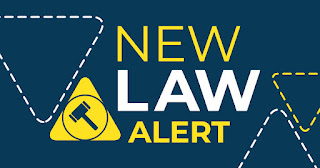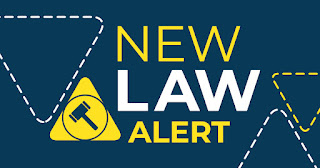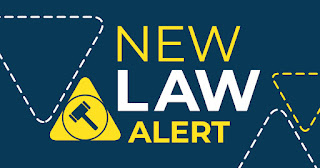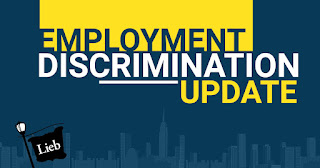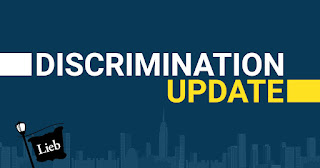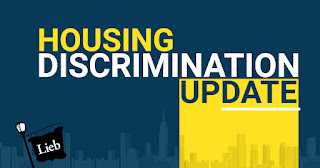Starting on June 19, 2022, real estate licensees in NYS will be required to complete "at least two hours of instruction pertaining to implicit bias awareness and understanding" as part of their 22.5 hours of continuing education to renew their license because of a new law, S538B.
According to the law, "'implicit bias' shall mean the attitudes or stereotypes that affect an individual's understanding, actions and decisions in an unconscious manner."
Lieb School is ready and already offers an implicit bias course that counts towards the fair housing and discrimination requirements. To comply with the new law, we are re-submitting this course to count towards the required implicit bias training as well.


